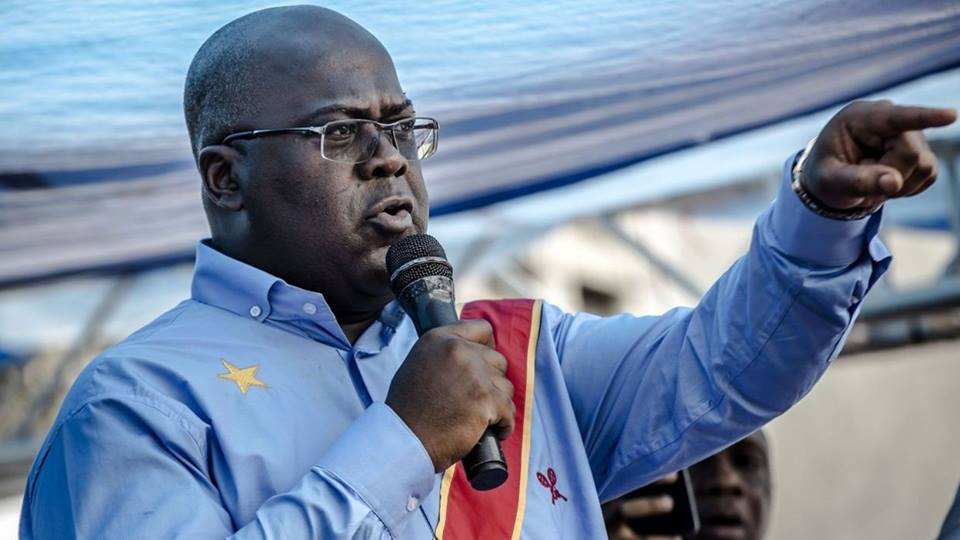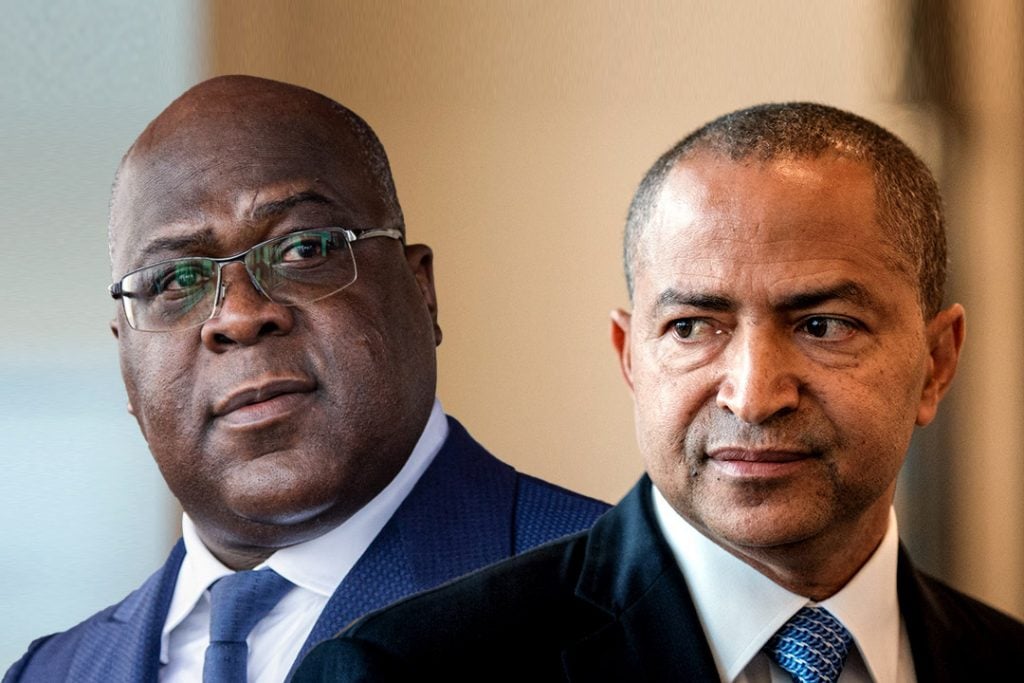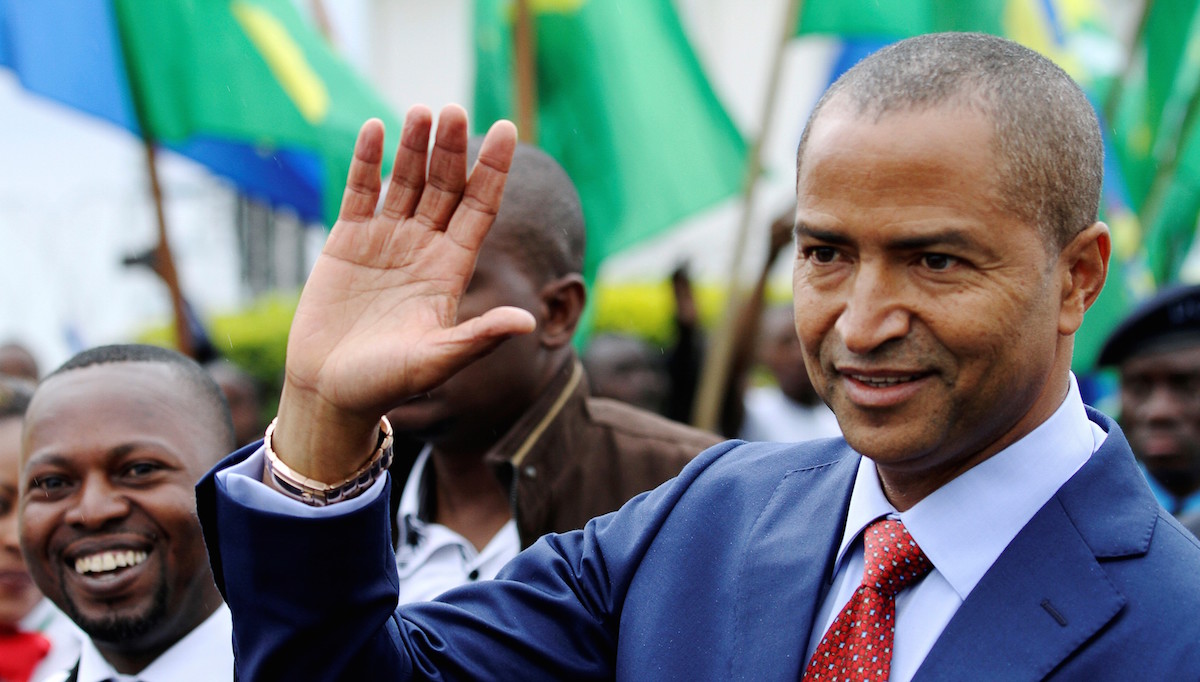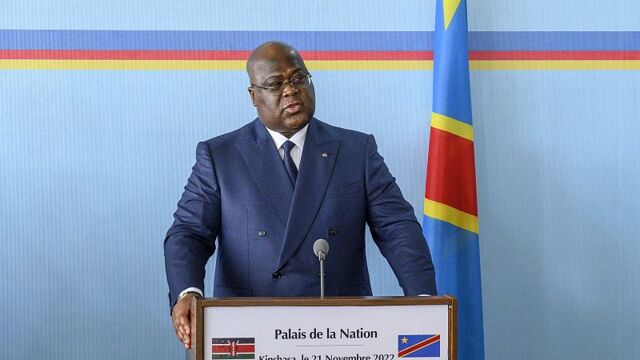Regional
DRC ‘coup’ drama was a plot to eliminate Kamerhe
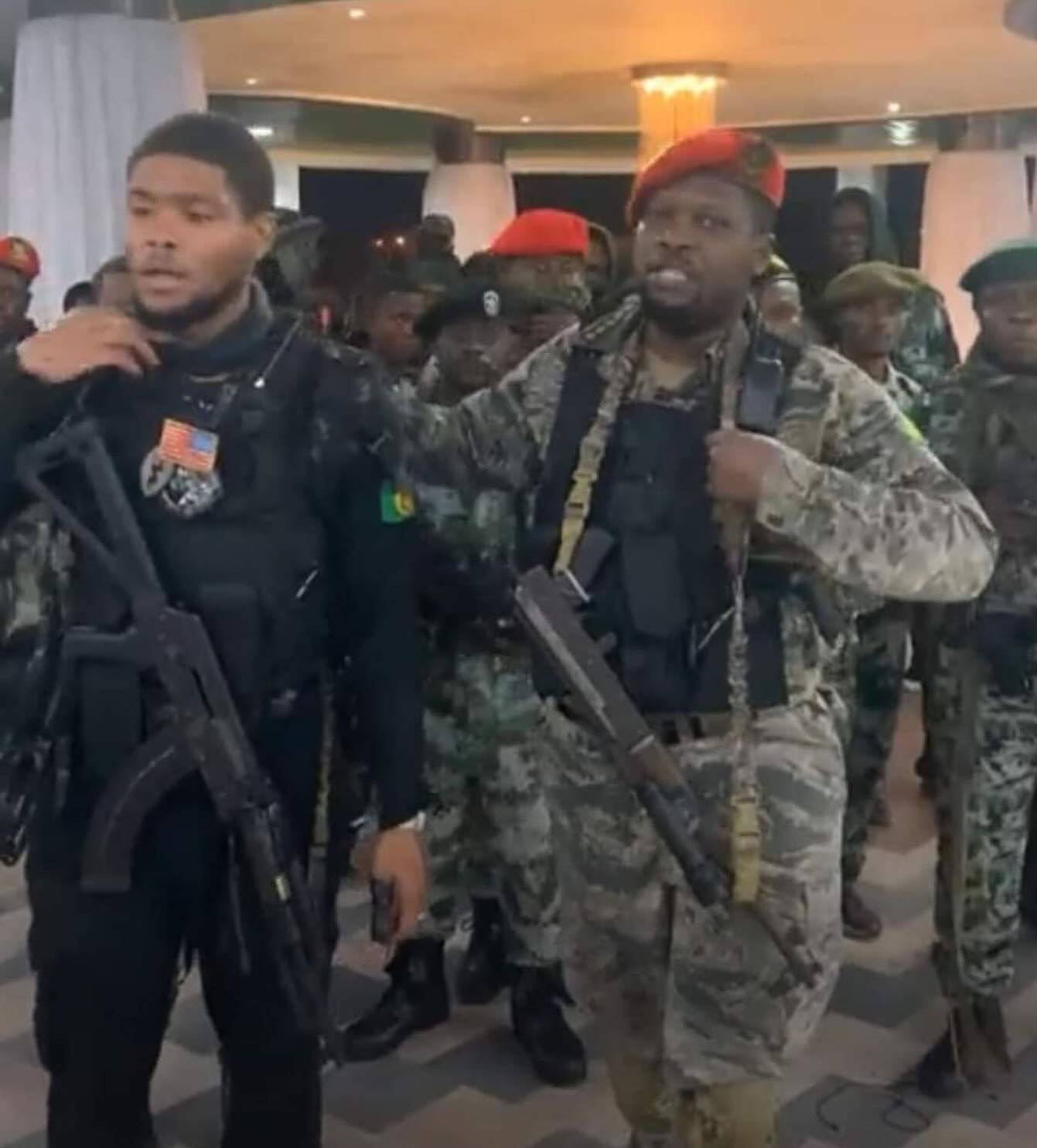
Christian Malanga (right) and his son (left) leading the so-called 'putschists' in Kinshasa.
The weekend of May 19 saw
numerous headlines in global media about “the foiled coup in the Democratic
Republic of Congo”.
Most stories reported that
security forces “thwarted a coup attempt in the DRC on Sunday in which armed
men targeted the homes of top officials and briefly occupied the office of the
presidency in the capital Kinshasa;” citing Congolese authorities.
However, sources closer to the
ruling political coalition, Union Sacrée, confirmed that what happened in
Kinshasa was not a coup, but a failed plot to eliminate Vital Kamerhe.
“Officially elected as
President of the National Assembly of the DRC on May 22, Vital Kamerhe was the
main target of the alleged ‘coup attempt’ in Kinshasa,” said a source in the
DRC capital.
Kamerhe, president of the UNC
political party and sole candidate of the parliamentary majority for this
position, left the position in 2009 under pressure from his former political
party, the People's Party for Reconstruction and Democracy (PPRD).
Vital Kamerhe
The former Deputy Prime
Minister and Minister of the Economy won 371 votes to regain control of the
Parliament.
According to sources, Kamerhe has intentions to run for president in the next elections.
Congolese President Felix
Tshisekedi is planning for constitutional amendment so that he can run for more
than two terms legitimized by the current constitution.
With Kamerhe having intentions
to be the next president, and being the president of DRC’s parliament, an organ
responsible for legal changes, Tshisekedi’s plans cannot bear fruits.
“This is why Tshisekedi sent
the armed men to eliminate Kamerhe, so that his plans to amend the constitution
be successful,” revealed the source.
The second target in the
Kinshasa ‘coup’ drama was the US-based Congolese opposition leader, Christian
Malanga, who was leading the so-called ‘attackers’ hired by Tshisekedi.
Malanga, once a supporter of
Tshisekedi, turned into opposition leader and formed a government in
exile. Few months ago, he returned in
DRC secretly.
Tshisekedi’s security services knew that Malanga was in the country, but did not want to kill him. Instead, they approached him through his old friend, a former FAZ General, Richard-Léon Kasonga Cibangu, and tricked him into believing that they would support him to oust the President.
Malanga took the bait. He was then given over 40 Congolese armed men including hired white men who were in DRC under the cover of investors. He was also promised to be facilitated in clearing the three kilometer route to Kamerhe’s residence and presidential palace.
The plot was that Malanga and
his men would be used to kill Kamerhe, and then Malanga would be killed later.
Unfortunately, Kamerhe was not assassinated. Two of his security guards were
shot dead.
Malanga was mercilessly shot
dead, while his men were arrested, as planned.
The Congolese national army
spokesperson said that a group of around 50 armed men in camouflage fatigues
attacked the residences of the prime minister, the defense minister, and a senior
politician tipped to become speaker of parliament.
The number of alleged
“putschists” and how they were militarily equipped signals how the ‘coup
attempt’ was a political game.
“Have you ever seen a dozen of
armed men, with only assault rifles, seizing power? How would they seize the
presidential palace, a very protected place?” asked the source.
It is unclear whether
Tshisekedi is planning other maneuvers to eliminate Kamerhe after the first
tactic failed.
Sources say the UDPS ruling
party is not happy with Kamerhe, and internal wrangles in Union Sacrée led to a
delay in appointing a new cabinet.
Four months after Tshisekedi
was sworn in for the second term, he has not managed to establish a new
cabinet. Judith Tuluka was appointed as new Prime Minister on April 1. Since
then, only members of Union Sacrée are aware of why other ministers are not yet
nominated.
The disputed elections saw the ruling coalition winning majority of influential seats in the new government. However, nominating individuals who will occupy the seats put Tshisekedi between a rock and a hard place.



